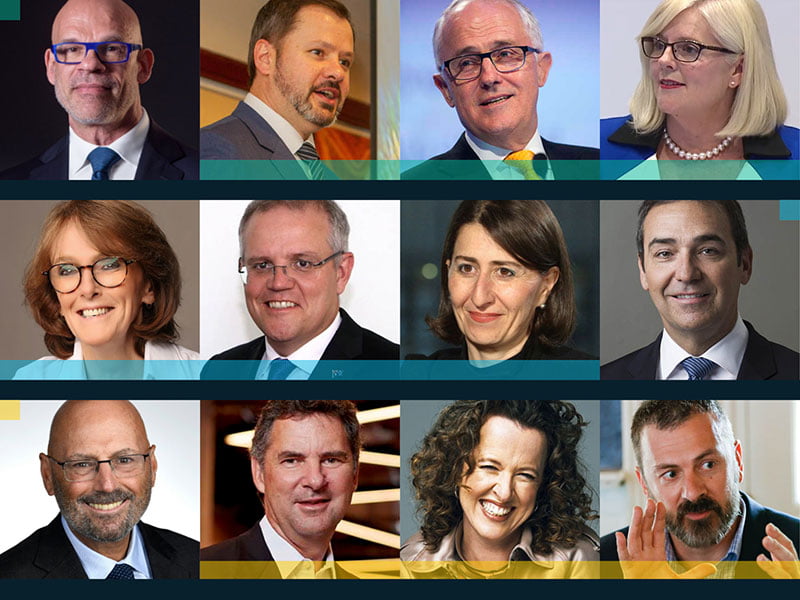When InnovationAus started publishing a weekly newsletter five years ago this week, Tony Abbott was the Prime Minister, Malcolm Turnbull was the Communications Minister and Scott Morrison was the Minister for Social Services.
A lot has happened in Australian innovation over those five years, some of it weird, most of it amazing. In so many areas, Australia’s home-grown technology industry and the innovation ecosystem more generally is utterly transformed.
And of course, in other areas of challenge – say, in attracting more local kids into tertiary and post-grad STEM pursuits or on improving board diversity – the problems of five years ago are stubbornly familiar today.

While it seems generally acknowledged that the technology sector and the broader innovation ecosystem are important, it has never been able to retain the focus of political attention.
The enthusiasm for driving an innovation agenda is restricted to a small handful of politicians. And if that enthusiasm is not coming from the top, the results are patchy. We have seen this across federal and state governments.
The obvious example is Malcolm Turnbull. Having become Prime Minister in September 2015, he had his signature National Innovation and Science Agenda launched by early December, and a whole new national conversation was started in this country.
The creation of a Defence Industry portfolio along with the start of the Defence build-up in 2016 (Christopher Pyne might yet be cast in bronze in his Adelaide home town for this work) and the 2016 Cyber Security Strategy that including new money for capacity building were two other areas of great progress.
Mr Turnbull was somewhat remarkable in this regard before becoming PM, having achieved the near impossible by convincing colleagues to establish a Digital Transformation Office (later the DTA) to modernise government services – out of the Communications portfolio of all places.
But the same can be said in New South Wales at the state level. Successive premiers from Barry O’Farrell on have been building tech capability. You can see this in its world-leading digital service delivery reforms within government, just as you will see it in the 250,000 square metre Sydney Technology and Innovation Precinct at Central railway in Sydney.
By the time the ribbon is cut on the new 40-storey global headquarters of Atlassian in four years at this new Tech Central, the centre of gravity of Sydney (and its political power and financial heft) will have shifted.
In 2015, Atlassian was Australia’s sole unicorn (and has gone on to become a NASDAQ-listed global behemoth). I’m no expert on unicorns, but a cursory squiz reveals Canva, AirWallex, Safety Culture, Culture Amp. (And AfterPay surely gets a special mention, having been founded in 2014, achieving unicorn status and then becoming far, far bigger as an ASX-listed company.)
In 2015, a total about $200 million was raised by venture capital funds for investment in startup companies. Last year, more than $2 billion was raised by VC funds.
Trawling through the ancient history of five years ago is valuable only because it tells us where we’ve come from. And you have to celebrate the progress. Australia has done quite well. So have a lot of other places, and we are definitely in a global race right now. But it is worth looking at where we have done well, and where we still have issues.
Nothing gets written in 2020 without specifically referencing the coronavirus pandemic. This crisis is an accelerant for the tech sector. If anyone had been questioning the value of a homegrown technology industry and the critical sovereign capability that comes with it, they are pretty quiet right about now.
There is a renewed sense of urgency about the race we are in: In information technology, in defence, in cyber. If we are not running, we are going backwards.
We are waiting on the Prime Minister and his team to reveal the shape of the government economic recovery. There are enormous opportunities.
At InnovationAus, we are looking forward to covering the ongoing transformation of our industry and our economy. It’s what we love.
Thank you to all of the many people and organisations that have supported us over the past five years. There have been good times and tough times. It has always been interesting.
And thank you to our readers.
Do you know more? Contact James Riley via Email.

